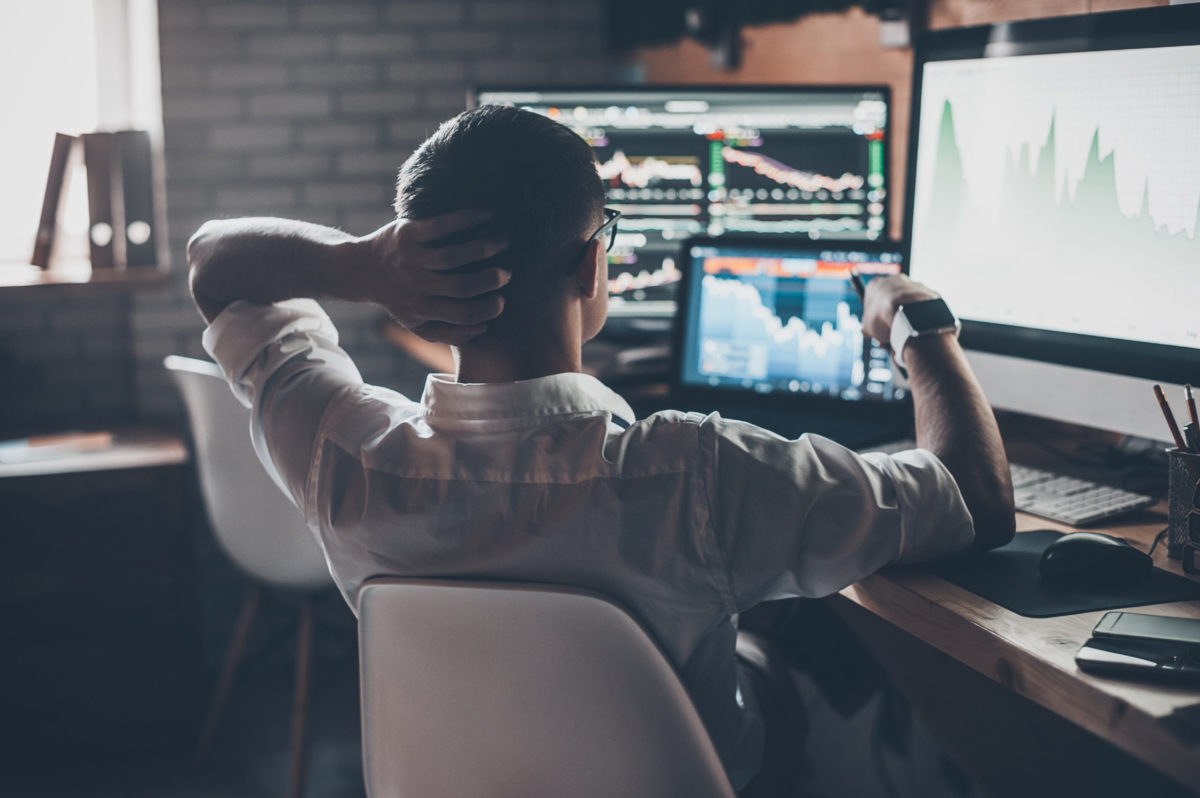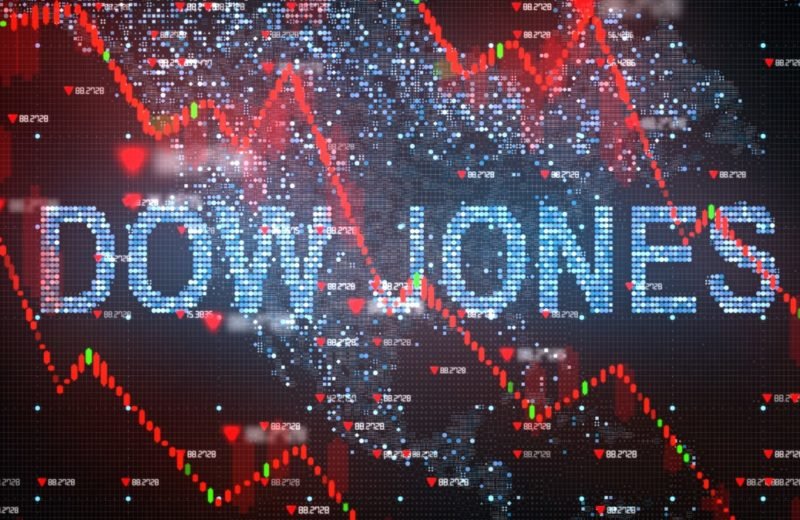The stock market fluctuated in Asia on Monday, with equity indexes mixed. Australia’s stock benchmark plummeted down to the lowest since early August. However, South Korean shares soared higher. Investors are waiting for Australia’s GDP, which is due today. U.S. jobless claims are also due on Thursday.
The MSCI Asia Pacific Index surged forward by 0.4%, while the MSCI Emerging Market Index rallied by 1.3%. Meanwhile, the S&P 500 Index increased by 0.2%. In Europe, the Stoxx 600 tumbled down due to travel companies, lowering by 0.8%. Despite that, the euro strengthened to just below $1.20, and the yield on 10-year Treasuries soared.
Tech companies skyrocketed on Tuesday. They bolstered U.S. equities as investors bought work-from-home winners. Apple Inc. boosted the S&P 500 higher, even as most of its members lowered.
Meanwhile, the Nasdaq 100 hit a record high. Zoom Video Communications Inc. gained the most among companies well-positioned for stay-at-home orders. On the other hand, the U.S. dollar plunged to a two-year low on growing conviction that interest rates will stay extremely low for the near future.
The Fed’s statement rallied the stocks. Why’s that?
The Federal Reserve declared last week that policymakers would be more accommodative to juice inflation. After that announcement, futures have climbed higher, but the dollar has dropped.
The weakness in the greenback is likely to continue – stated Savvas Savouri, the chief economist at Toscafund Asset Management. He thinks that the dollar will be significantly weaker from where it is now against the euro by the end of the year.
The Fed chairman is clearly declaring that he wants inflation to rise upwards. The only reliable way to achieve this is through the channel of a weaker currency – said Savouri.
Meanwhile, data in Europe indicates a positive outlook for growth. Chinese factory data also signaled rising global demand for manufactured goods after the initial shock of the coronavirus pandemic.















